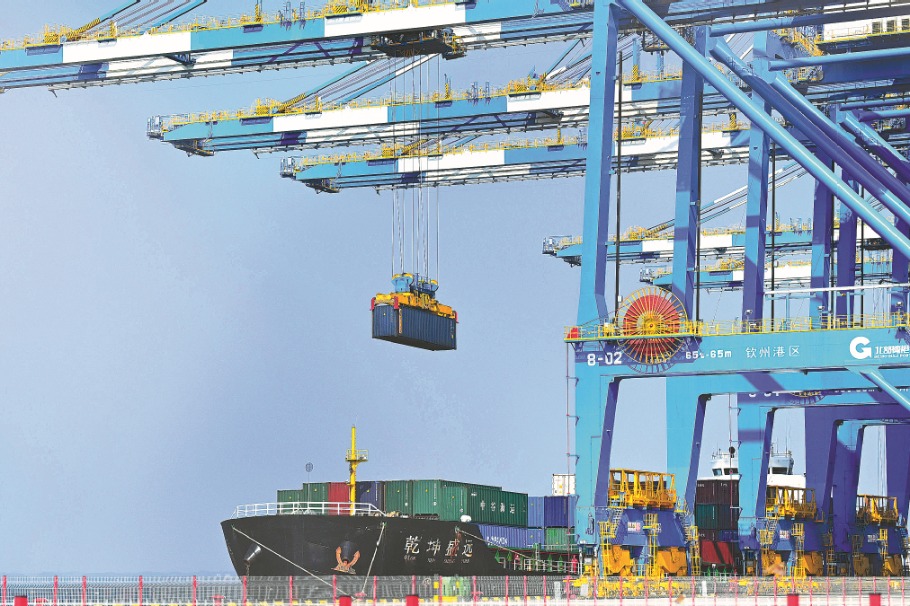New regulation enacted to make China's statistics more trustworthy
Xinhua | Updated: 2017-08-02 10:06
BEIJING - A new regulation on the implementation of the revised Law of Statistics took effect Tuesday, aimed at improving the authenticity and reliability of China's official data.
The new regulation, released in June under a decree signed by Premier Li Keqiang, calls for standardization of statistical surveys from the source, and lists specifications on how to organize and carry out surveys.
The regulation stipulated measures to improve the efficiency and quality of statistical work and to reduce the burden on those undertaking the surveys.
Severe penalties will be imposed on officials and staff who intervene in government statistical work and manipulate or fabricate data, according to the regulation.
Since it was released in June, local statistical departments around the country have been studying the regulation.
Liu Qingjun, an official in charge of the implementation of policies and laws with the statistical bureau of Shandong Province, said the province is working on a local statistics management regulation based on the national regulation, but specific to the province's situation.
There have been cases which government or institutional staff intended to exert influence on organizations or institutions undertaking statistical surveys via phone calls or messages, Liu said.
There were also some cases in which government authorities would ask to examine and approve statistics before they were released, he added.
In January, the government of the northeastern province of Liaoning admitted in its annual government work report at the plenary meeting of provincial lawmakers that there had been false statistics in economic data from the province's cities and counties from 2011 to 2014.
Days after the revelation, Ning Jizhe, head of the National Bureau of Statistics (NBS), defended the accuracy of national data, saying the NBS had adopted measures to ensure the authenticity and reliability of statistics.
In April, China set up a special law enforcement unit under the NBS to prevent, investigate and punish data fabrication.
In May, a similar organization was founded in Sichuan province to ensure data reliability there.
Shandong province is preparing to establish a provincial law enforcement unit to prevent data fabrication, while such organizations have already been founded in some cities within the province, according to Liu.
Penalties raised by the newly enacted regulation will be an effective deterrent to the intervention in and falsification of statistics, he said.
























